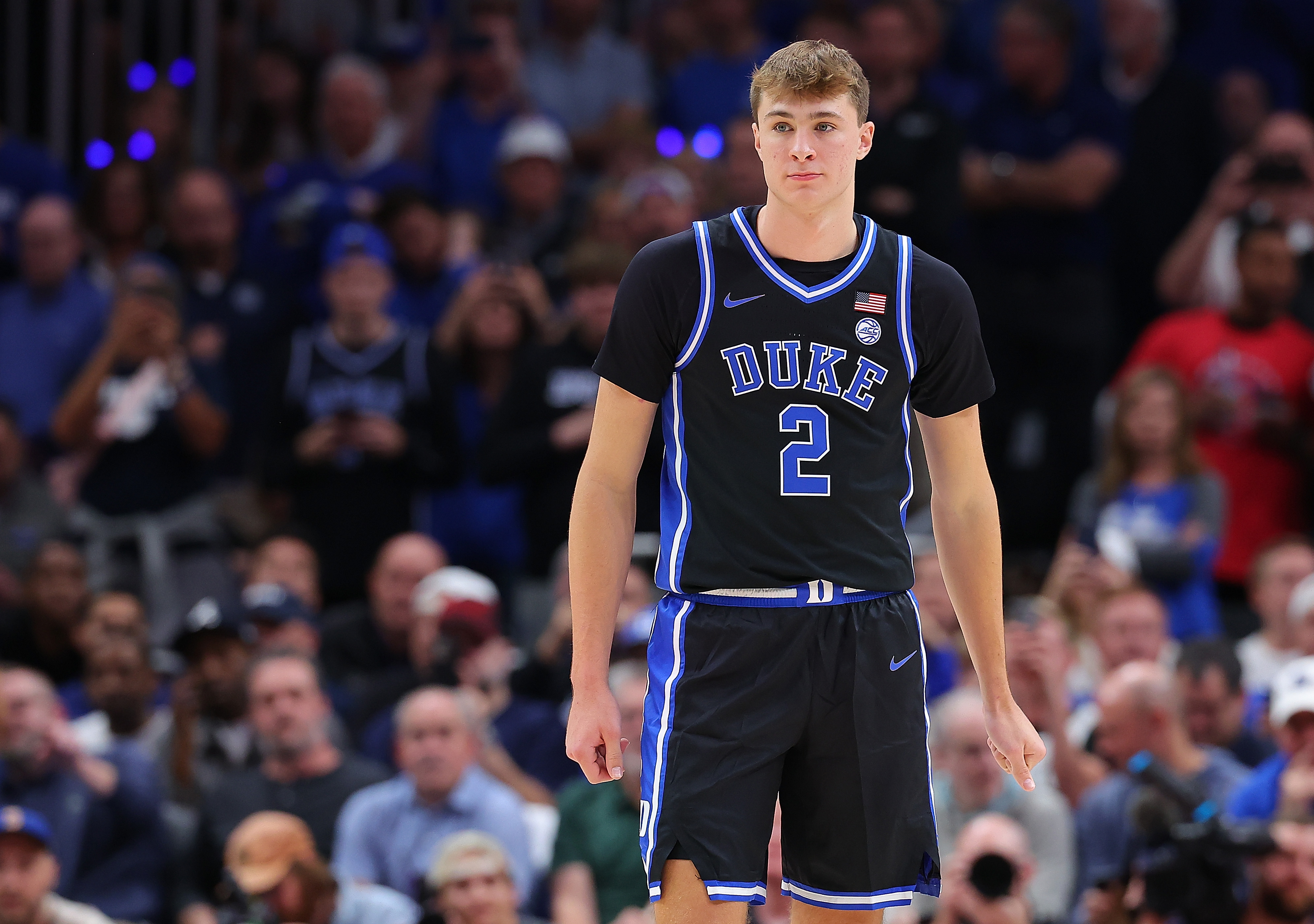Among the many questions that arose in the immediate aftermath of the near-assassination of former President Donald Trump in Butler, Pennsylvania this summer: why was a would-be assassin able to freely fly a drone to surveil the rally site while the Secret Service did not?
The Secret Service has moved slowly to institute a plan that would involve specialized drones accompanying the president as part of its protective detail. The New York Times reported this month that the lack of a dedicated drone team and other sought-after technology was among the reasons the Service has been seeing an exodus of highly trained agents in recent years. Only now, after the shooting in Butler, is the money flowing to build such a team.
But even readily available, relatively inexpensive drones could have made a difference in Butler on that Saturday in July, when 20-year-old Thomas Crooks climbed atop a warehouse and fired at the former president, grazing his ear, killing a rallygoer and injuring two others.
Crooks was killed by a Secret Service countersniper team — incidentally, the first time that team had been deployed to protect Trump — but not before getting off several shots and publicizing a shocking operational failure on the part of the Service.
That failure could have been at least partially addressed by first-responding drones like the ones produced by Aerodome, according to the company's co-founder.
"From the air, it would have been extremely obvious that there's somebody there on the rooftop with a rifle that you could have had eyes on the entire time," Rahul Sidhu told Newsweek. "A single drone at that location would have easily identified it."
Los Angeles-based Aerodome specializing in drone-as-first-responder technology, using unmanned aerial vehicles that can move much faster than traditional first responders to get to a scene and relay information back to who needs it. Sidhu said its drones could easily be repurposed to protect a presidential nominee at a rally like the one in Butler.

Aerodome's drone-as-first-responder technology is meant to be deployed throughout a city, so that the moment a call comes to 911, a drone takes off from its station and flies directly to the location to provide air support. Sidhu said the drones are typically able to get to a site within 85 seconds.
For the Secret Service, the drones are able to provide air cover and surveillance from 400 feet up, greatly expanding what agents can monitor via line of sight.
What makes the technology different from a typical user-controlled drone is that there is no single controller in the field, Sidhu said. Instead, the drones are piloted and controlled via a command center. The command center can then broadcast the aerial feed directly to an officer or agent on the ground with virtually no latency.
"It's a much more technologically advanced process," Sidhu said. "There's no delay between what the drone needs to do, what it's doing and the video feed going directly to everybody that needs to see it."
Butler, Pennsylvania, where local law enforcement was also blamed for the security failures at the July 13 rally, is already looking into the technology.
"Right after the first attempted assassination in Butler, we did demos for Butler County and the local agencies there for an Aerodome System, and they were like, 'We need this next time he comes around,'" Sidhu said, noting that Trump's return to the city two weeks ago was slightly too soon to have everything procured. "They're actively trying to set it up," he said.
Aerodome was acquired this week by Flock Safety, a well-known public safety and crime-reduction technology company that does business primarily with local law enforcement agencies. Sidhu, who now serves as the vice president of aviation at Flock, said the acquisition will allow law enforcement to use their drone technology to better protect communities.
Coincidentally, Flock Safety had a part in the response to another assassination attempt against the former president.
Two months after the attempt in Butler, another would-be assassin hid in the bushes at Trump International Golf Club West Palm Beach in Florida as the former president played golf. A Secret Service agent noticed the suspect before he was able to take a shot, possibly saving Trump's life.

A woman had seen the suspect running to his car and followed him. She took a photo of the license plate. An hour later, Ryan Wesley Routh was pulled over and arrested.
"They were able to use ALPR [automatic license-plate recognition] cameras to know exactly when the attempted assassin was driving past intersections," Sidhu said. "They used that to rapidly respond to location, identify and locate him."
If Aerodome drones had been deployed in Palm Beach at the time, Sidhu said the drone-as-first-responder would have responded within a minute or so, found the vehicle and tailed it.
"The drone pilot would notify officers, 'OK, that vehicle is now here,'" Sidhu said. "It would broadcast a video for all officers to be able to see....It would vector the officers that location, meaning help them know where the car is and stop the car."
Going forward, Sidhu is hoping the acquisition allows drone-as-first-responder (DFR) tech to be deployed to 3,000 law enforcement agencies and more than 5,000 communities across 49 states that Flock Safety works with. Sidhu said local agencies are generally easier to do business with than the federal government because they don't have to abide by onerous federal procurement procedures.
Currently, the Aerodome and Flock Safety team is working with police departments in Scottsdale, Arizona, and Elk Grove and Alhambra, California.
For political rallies and other events with high-profile targets, Sidhu said the "most likely scenario" will be a day when the communities already have the drones in place surveilling the perimeter.
"That local police or sheriff's office would already have a DFR program that can be utilized by the Secret Service," Sidhu said. "I think generally how we view community safety is going to be also how we view asset safety, being, 'I need to protect the president'."
The technology and hardware itself is easily repurposed, he said, predicting that within four years — just in time for the next election — most communities in the country that could host a major rally would be able to have the drone system in place.




















 English (US) ·
English (US) ·